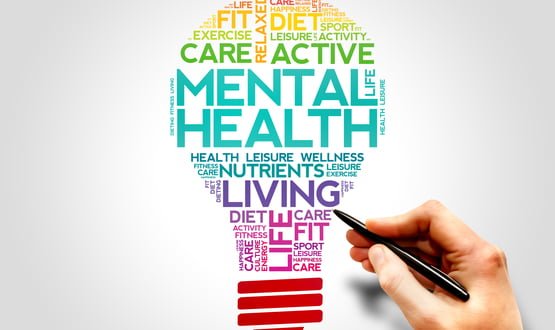In recent years, the landscape of mental health services has undergone a revolutionary transformation, propelled by advancements in technology, a growing understanding of mental health, and a societal shift towards prioritizing well-being. The next generation of solutions in mental health services is ushering in an era of unprecedented accessibility, personalization, and effectiveness. One of the key pillars of this revolution is the integration of technology into mental health care. Telehealth platforms and mobile applications have become powerful tools in connecting individuals with mental health professionals, breaking down geographical barriers and making support more accessible. Real-time video consultations, chat-based therapy, and virtual support groups are providing avenues for people to seek help discreetly from the comfort of their own homes. Machine learning algorithms are also playing a crucial role in identifying patterns in mental health data, aiding in early diagnosis and personalized treatment plans. Furthermore, the stigma surrounding mental health is gradually dissipating, fostering a culture that encourages open conversations and destigmatizes seeking help.

Social media campaigns, educational programs, and advocacy initiatives have contributed to raising awareness and understanding of mental health issues, fostering empathy and support. The normalization of mental health discussions has prompted individuals to prioritize their well-being, leading to a more proactive approach to mental health care. Personalization is another cornerstone of the next-gen mental health solutions. Advances in neuroscientific research and data analytics are enabling the development of tailored interventions that consider an individual’s unique biological, psychological, and social factors. Wearable devices, equipped with biosensors, can provide real-time data on physiological indicators of stress, enabling timely interventions or adjustments to treatment plans and learn more info in the website https://lakeviewmentalhealth.com/mental-health-services/. This personalized approach not only enhances the effectiveness of mental health interventions but also promotes a sense of agency and engagement among individuals in their own care. The integration of holistic approaches into mental health care is also gaining prominence.
Recognizing the interconnectedness of mental and physical well-being, comprehensive treatment plans now often include elements such as nutrition, exercise, mindfulness, and sleep hygiene. This holistic perspective acknowledges the complex interplay between lifestyle factors and mental health, paving the way for more comprehensive and sustainable solutions. Moreover, the role of artificial intelligence AI in mental health services is expanding beyond diagnosis and treatment. Chatbots and virtual assistants equipped with natural language processing capabilities are providing immediate support and guidance, reducing the burden on human resources and offering a scalable solution to the growing demand for mental health services. AI-driven predictive models are also being employed to identify individuals at risk of developing mental health issues, allowing for early intervention and preventive measures. This transformative shift holds the promise of not only addressing the current mental health crisis but also fostering a society where mental well-being is proactively prioritized and supported. As these innovations continue to evolve, the future of mental health care appears brighter, more accessible, and more attuned to the diverse needs of individuals seeking support.